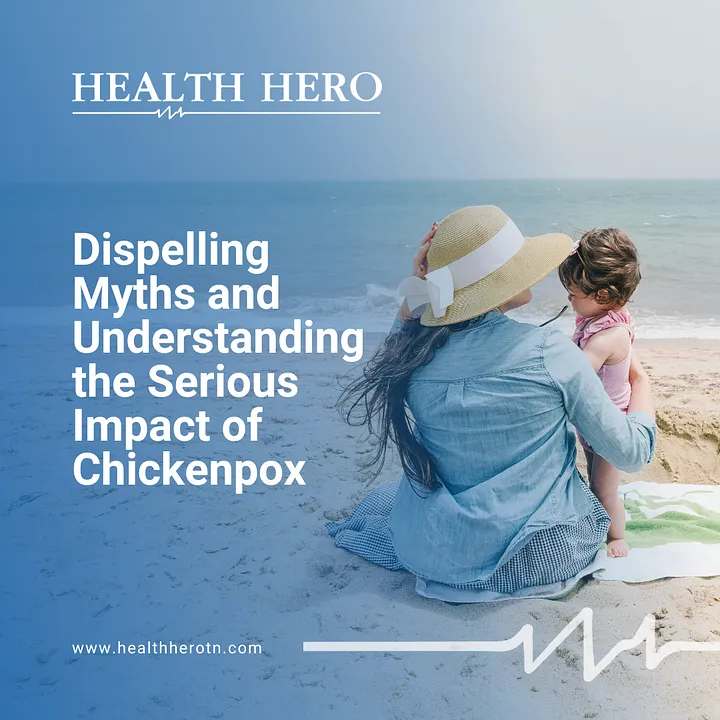It’s something we’ve all contracted when we were younger and has almost been a rite of passage as a child. Varicella, more commonly known as chickenpox, is a highly infectious childhood disease. It causes an itchy, blister-like rash. The rash appears on the chest, back, and face and then spreads over the entire body. When children get chickenpox, many parents see it as something that isn’t a big deal. There was even a time when parents hosted “chickenpox parties” to intentionally expose their unvaccinated children to the disease, a practice strongly discouraged by the Centers for Disease Control and Prevention (CDC). This disease has been viewed as inconsequential, but parents need to take it seriously because it can have very serious side effects.
History of Chickenpox:
In the 1990s, chickenpox was frequently seen in the United States. More than four million people got chickenpox, between 10 and 13 thousand people were hospitalized, and 100 to 150 died each year. While chickenpox is known for its itchy rash, it can progress into further complications, including bacterial skin infections from scratching blisters, pneumonia, encephalitis (brain inflammation), bleeding disorders like thrombocytopenia, Reye’s syndrome (affecting the brain and liver), secondary infections such as bacterial superinfections, and dehydration due to fever and itching. Although the risk of serious complications is generally low, vaccination significantly reduces the risk of chickenpox and its complications. Since its introduction in 1995, the U.S. chickenpox vaccine program has prevented 91 million cases, 238,000 hospitalizations, and 2,000 deaths in the first 25 years.
What is the Chickenpox Vaccine:
Vaccination against chickenpox is highly effective in preventing the disease and its complications. The chickenpox vaccine contains a weakened form of the virus, which stimulates the immune system to produce antibodies without causing illness. By receiving the vaccine, individuals develop immunity to the virus, reducing their risk of contracting chickenpox if they are exposed to the virus.
The CDC recommends two doses for children who are under the age of 13. The first dose should be administered at ages 12 through 15 months. The second dose should be given at age 4 through to 6 years. The vaccine can be administered to individuals even after exposure to the disease. This can help protect individuals if they end up being exposed to the disease. Vaccination protects individuals and helps prevent the spread of chickenpox within communities, including those who cannot receive the vaccine due to medical reasons.
Who Shouldn’t Get the Chickenpox Vaccine:
The chickenpox vaccine is generally recommended for most people, but exceptions exist. Pregnant women, individuals with weakened immune systems, and those with a history of severe allergic reactions to the vaccine or its components should not receive it. Additionally, people who are moderately or severely ill during vaccination should usually wait until they recover. Anyone with medical conditions affecting the immune system should consult a healthcare professional before getting vaccinated.
Chickenpox is often depicted in pop culture as a common childhood illness and a rite of passage. But this preventable disease can have serious side effects if it’s not treated properly. Getting vaccinated is a better option than allowing children to contract chickenpox through close contact. It protects individuals from illness and complications and helps prevent the spread of the virus within communities that may be at risk from the disease.
Sources:
Very Well Health: Preventing Chickenpox
Centers for Disease Control and Prevention: Chickenpox Vaccination: What Everyone Should Know


